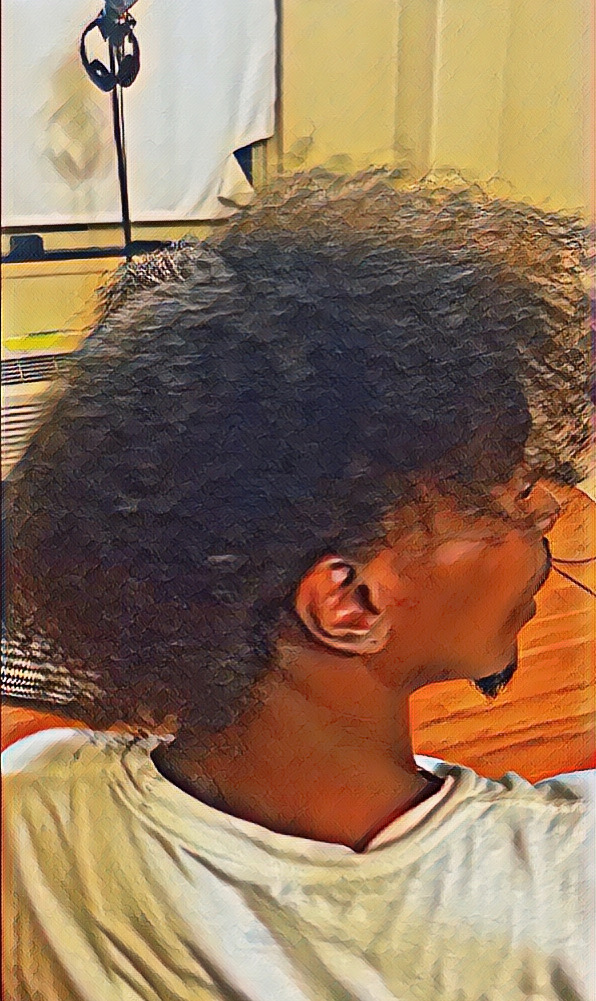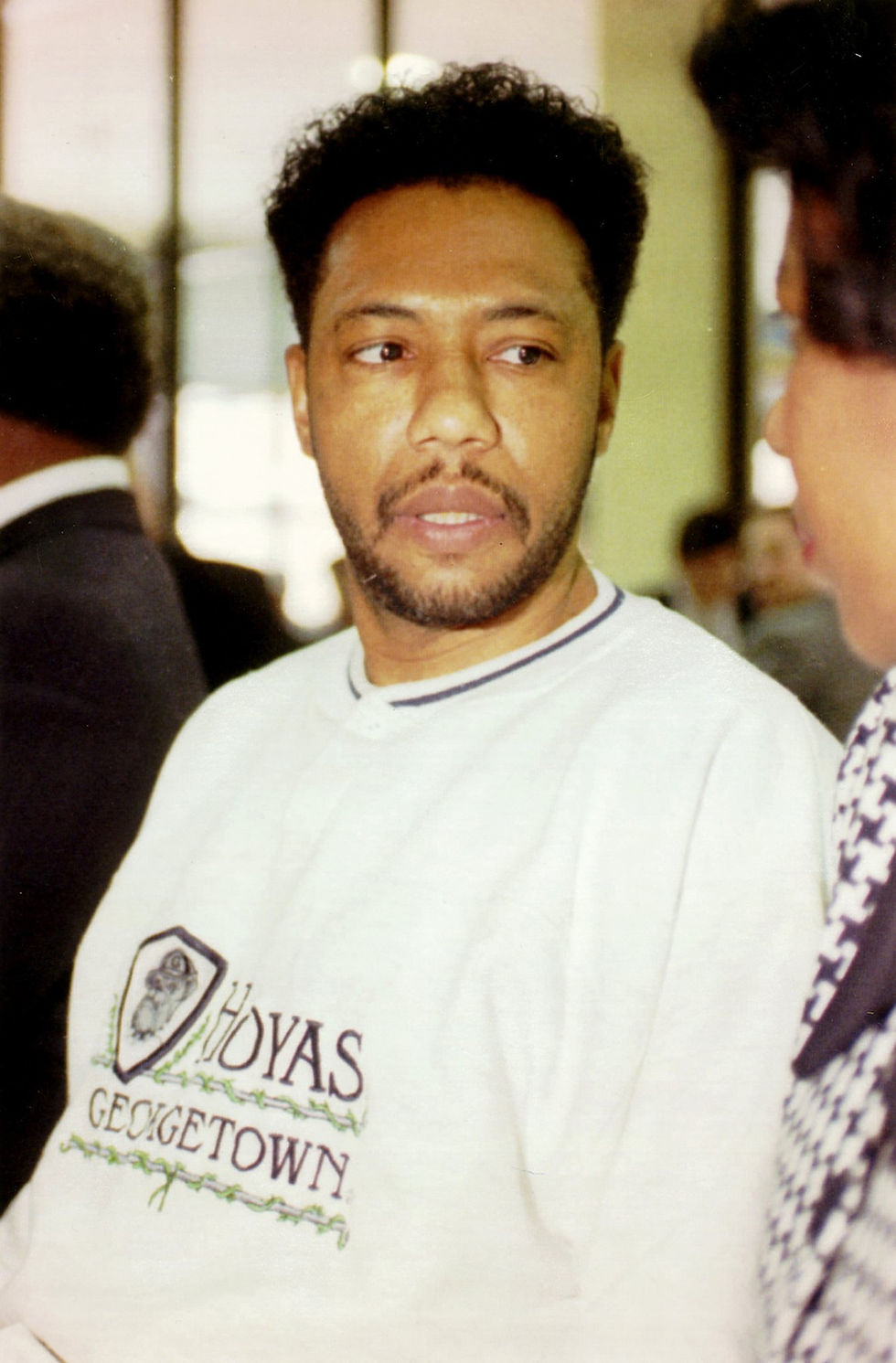Trump's Bold Move: Pardoning the Infamous Gangster Disciples Founder After 50 Years Behind Bars
- IF YOU KNOW YOU KNOW™

- May 28
- 3 min read
In an unexpected twist, former President Donald Trump has granted a pardon to Larry Hoover, the founder of the infamous Gangster Disciples. After spending half a century in prison, Hoover's release has ignited a wide range of reactions across the nation. This decision not only reignites discussions about criminal justice reform but also raises concerns about the intricacies of leadership and the possibility of redemption in American politics.
Hoover's narrative is not just a tale of crime; it is a representation of the struggles within urban gang culture and the potential for personal change.

Understanding Larry Hoover's Legacy
Larry Hoover began his criminal path in the late 1960s, co-founding the Gangster Disciples, a gang notorious in Chicago and beyond for drug trafficking and violent crimes. At its peak, the gang was involved in numerous criminal activities, categorically contributing to the cycle of crime in several neighborhoods.
However, in later years, Hoover sought to pivot the Gangster Disciples toward a more positive community role. For instance, he promoted initiatives focused on economic empowerment, such as the establishment of job training programs. Despite his attempts at reform, the shadow of his violent past looms large. Convicted of murder in 1973, Hoover became emblematic of the criminal activities that plagued Chicago during that era.
The Political Climate Surrounding the Pardon
Viewing Hoover's pardon through the lens of Trump's presidency reveals a lot about the political landscape. Trump, known for his unconventional approach, often challenged established norms, especially around criminal justice. For example, his administration highlighted issues like sentencing reform, which resonated with many who see the justice system as overly punitive.
Hoover's pardon mirrors the growing calls for reform in the U.S. In a 2021 survey, 66% of Americans expressed support for criminal justice reform, emphasizing the belief that the current system disproportionately impacts communities of color. Pardoning someone like Hoover not only plays into this narrative but also brings attention to the complexity of decisions surrounding crime and punishment.
The Reactions to Hoover's Pardon
Reactions to Hoover's pardon have been a mix of enthusiasm and concern. Supporters argue that this move symbolizes hope, indicating a belief that people can change. They highlight that Hoover has taken steps to turn his life around and that his long imprisonment may not fairly represent his current values.
Conversely, critics focus on Hoover's violent history and express fears about the potential risks his release may pose to public safety. Concerns have been raised that this pardon sends a worrying signal that could undermine accountability. For example, in cities where gang violence is a persistent issue, law enforcement officials worry that Hoover's re-entry could correlate with an uptick in gang-related incidents.

The Broader Implications on Criminal Justice Reform
Hoover's release adds another dimension to the ongoing debates about criminal justice in America. It opens the door for discussions on how society can balance accountability with the possibility of redemption. Many critics of the system argue that long-term incarceration does not always facilitate true rehabilitation.
This situation also highlights the significant racial disparities present in the American criminal justice system. Statistics show that Black Americans are incarcerated at rates nearly five times higher than their white counterparts. Hoover's pardon can be seen as a part of an evolving conversation about the need to address these disparities and move toward a system that prioritizes healing over punishment.
Looking Forward: What Comes Next?
With Hoover now free, many are curious about his next steps. Will he revert to gang culture or genuinely pursue initiatives that foster peace and community building? Hoover’s future is uncertain, and it remains to be seen how he will navigate his newfound freedom.
Moreover, Trump's bold decision may pave the way for additional pardons, especially for individuals convicted of non-violent crimes related to drugs or gang affiliation. This shift could lead to significant changes in policies and reform initiatives, underscoring the need for compassion and understanding in the justice system.
Reflecting on the Future of Justice

Larry Hoover’s pardon signifies more than just a contentious political move; it marks an important point in the broader conversation surrounding criminal justice reform. Trump's decision has undeniably stirred strong emotions and opinions across the nation.
As we engage with the complexities of crime, punishment, and redemption, Hoover’s story serves as a lens to examine our values and beliefs. Whether viewed as a manipulator of the gang world or a genuine force for change, Hoover's life exemplifies the multifaceted nature of humanity. This decision will have long-term effects, making it vital for society to engage thoughtfully and openly in these critical discussions moving forward.




Comments